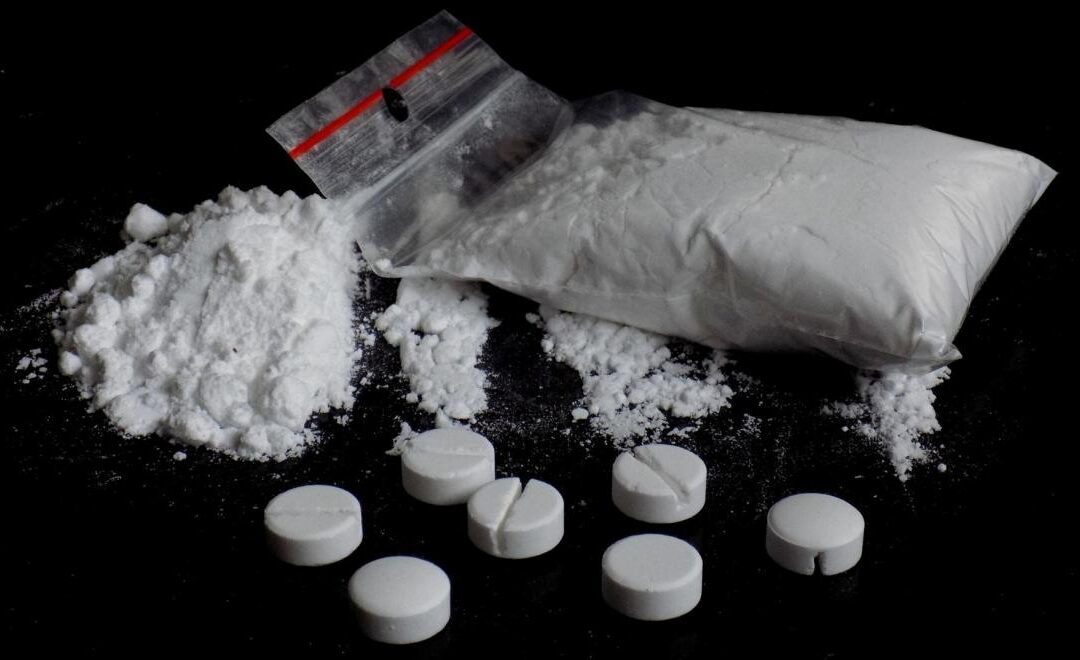To be frank, there is no one size fits all approach when it comes to effectively defending against drug charges. Any experienced and specialised criminal lawyer knows that effective defence strategies for drug related charges depend on the specific charge and circumstances surrounding that charge. However, in drug cases, ranging from low level possession to high level importation, it is paramount that the accused is informed of the elements of the offence and how the prosecution seeks to prove each element.
The communication between the accused and their lawyer, especially the taking of instructions, can be crucial in establishing a strong and effective defence strategy. This article will explore a range of drug related offences and potential defenses that may arise. These may include that there is not enough evidence to prove that the accused committed the offence; that the police have acted illegally or improperly and therefore some of the evidence is inadmissible, or; the accused has a valid legal or factual defence, such as the drugs did not belong to them, or that they were acting under duress.
Defending Against Drug Trafficking
Drug trafficking is an indicatable offence. However, it can be tried summarily for amounts under a commercial quantity. ‘Trafficking’ of a drug has been defined in the common law to mean ‘movement from source to ultimate user in the course of trade’, which requires at least an activity performed in a commercial setting and contact between the accused trafficker and at least one other person (i.e, the customer). For the prosecution to establish drug trafficking, they must prove:
- The accused intentionally trafficked, attempted to traffick a substance or carried on a business of trafficking drugs; and
- The accused intentionally trafficked in a drug of dependence.
There are many ways in which the prosecution may seek to prove trafficking. These include:
- direct evidence (such as surveillance, messages between parties, phone intercepts or footage);
- circumstantial evidence (such as locating a large quantity of drugs in the possession of the accused, location of drug paraphernalia such as baggies, scales, cash etc)
- through an admission (from the accused, or from other witnesses).
Accordingly, depending on the evidence alleged, there are several defence strategies that may be employed.
- A common defence, depending on the quantum of drugs located under the control of the accused, may be that the drugs were for personal use.
- Alternatively, a defence may be that the accused unintentionally trafficked a drug or intended to traffick a smaller quantum (for commercial quantity/large commercial quantity cases).
- It is also a defence to the charge if the accused did not possess the relevant intention to traffick the drug of dependence. For example, if the accused had no knowledge that the substance was a drug of dependence or was not aware of the likelihood that the substance was a drug. Whilst these defence strategies may be considered, in many cases the most effective strategy may be to test the prosecution evidence at trial, as after all, the onus in any criminal trial is on the prosecution to prove all of the elements of the offence beyond a reasonable doubt.
The Defence of Duress
In addition to the above, in some circumstances duress may be a relevant defence. Pursuant to section 322O of the Crimes Act, a person is not guilty of an offence (including drug related offences) if that conduct was carried out by the person under duress. The defence of duress is predicated on the accused substantiating that they reasonably believed, at the time of the offending, that there was a threat of harm that will be carried out unless an offence is committed and that carrying out the conduct is the only reasonable way that the threat can be avoided and that the conduct is a reasonable response to that threat. The defence of duress involves an extremely serious threat to an accused or their family involving the death or serious injury of the accused or their family. The accused bears an evidentiary onus in relation to the defence of duress. Once the accused discharges the evidentiary onus the prosecution must prove that the accused acted voluntarily and in order to do so must eliminate any reasonable possibility that they acted under duress.
For a full guide of defending against drug possession, please see this article: Defending Against Drug Possession Charges
How Galbally Parker Drug Lawyers Can Help
There is no one size that fits all approach to defending against drug charges. Drug charges, especially trafficking related charges, can be extremely complex in nature and effective defence strategies will likely include testing the prosecution evidence during a trial. Accordingly, it is important to seek advice from specialised criminal defence lawyers, who have experience in this area of law. We have assist clients across all areas of Melbourne with their drug-related criminal matters. Contact our team in Frankston, Moorabbin, Werribee and Dandenong today.


